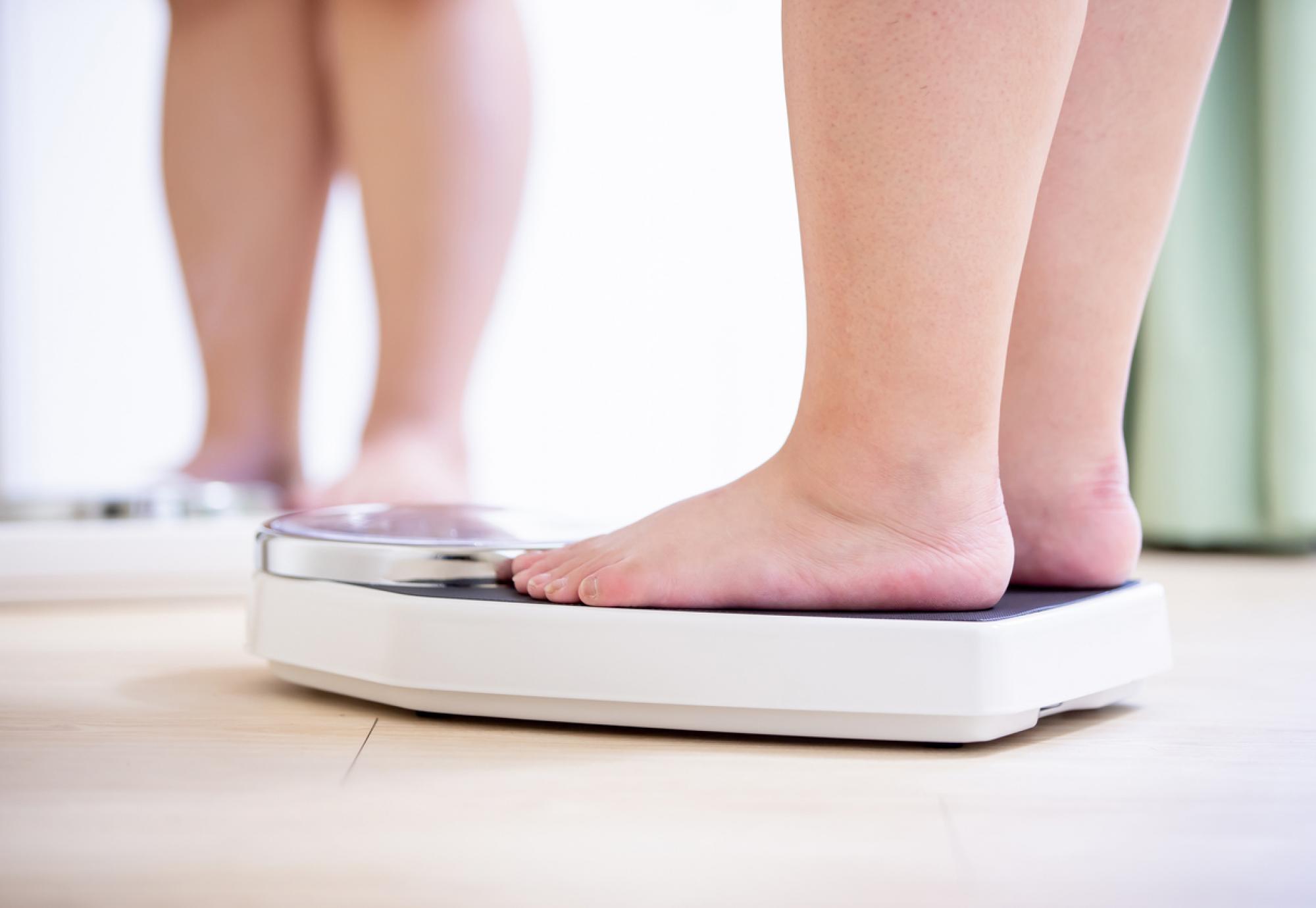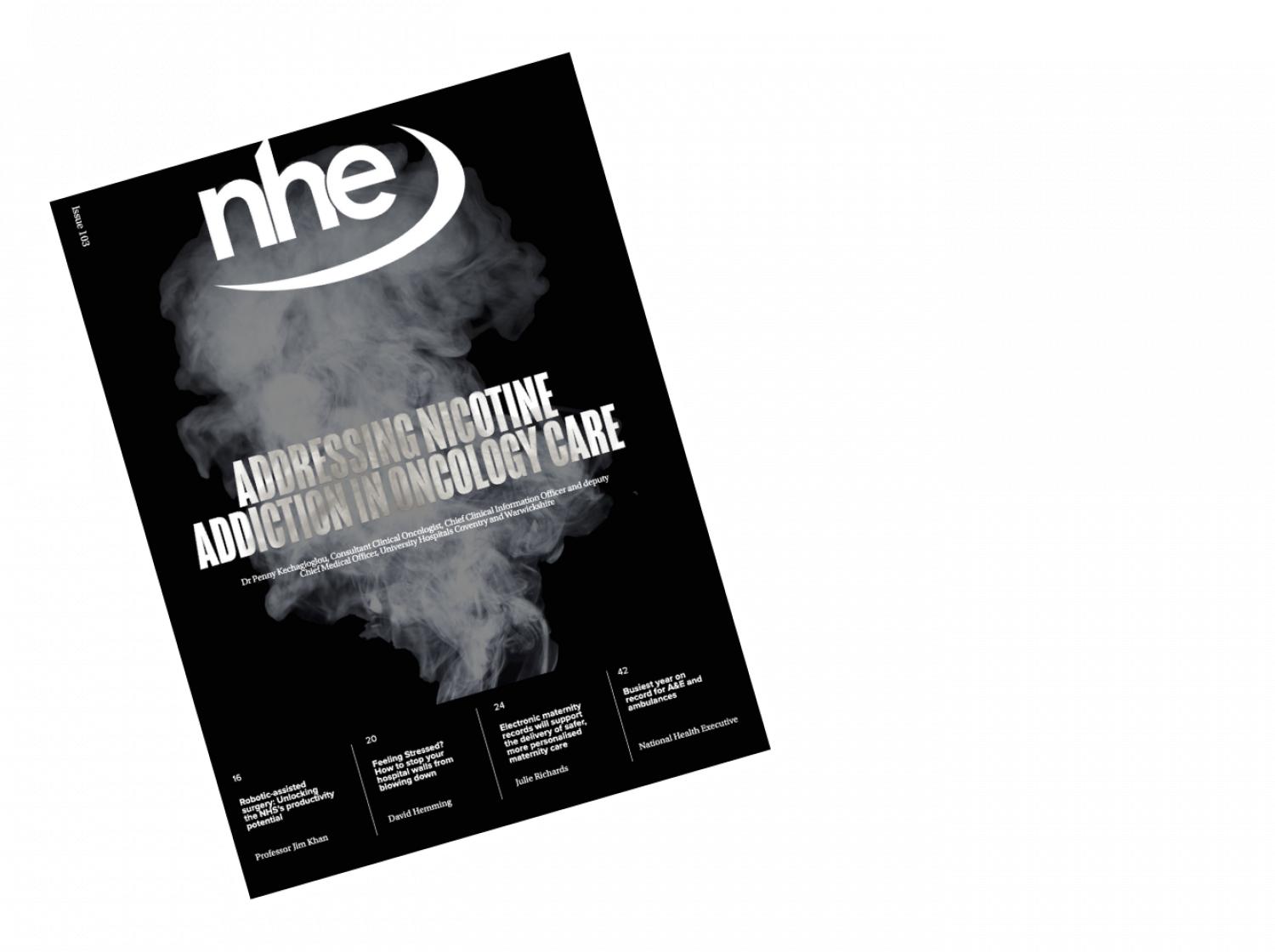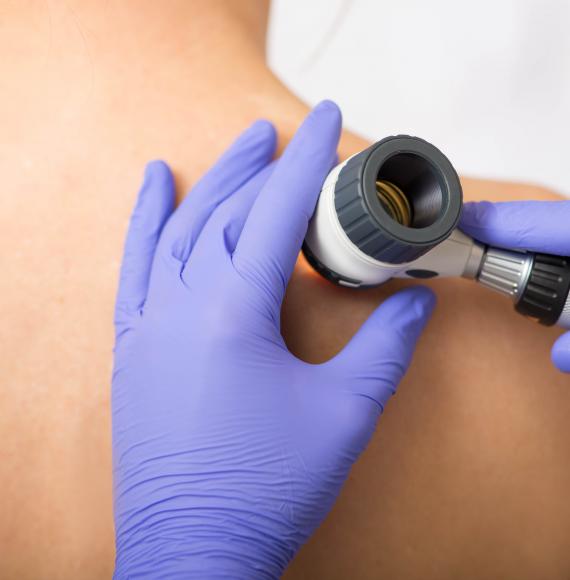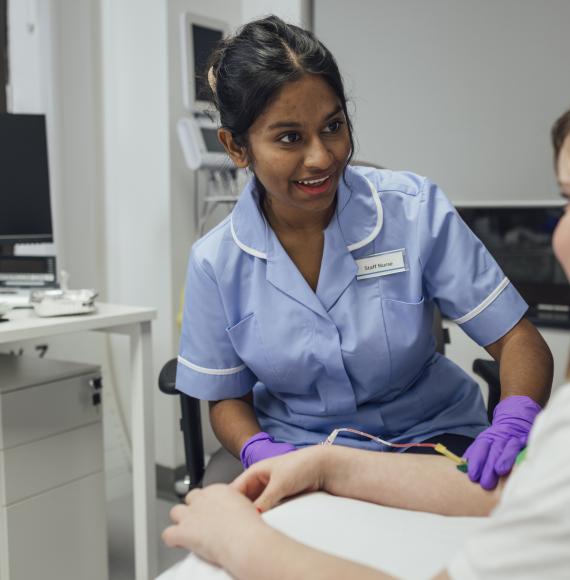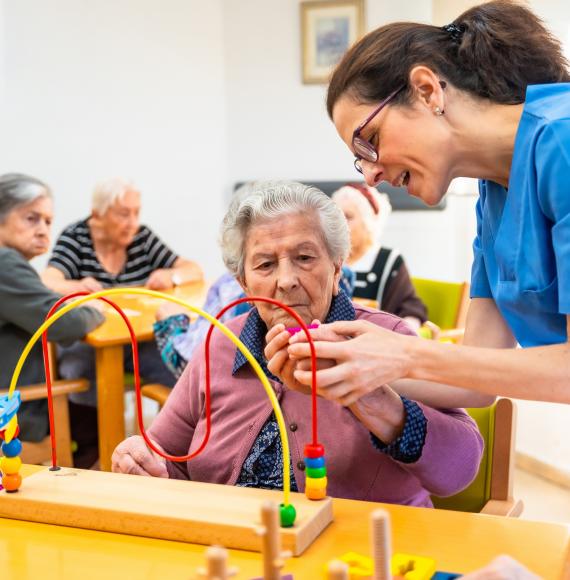More than a third of P1 (primary 1) children in Scotland’s most deprived areas are at risk of being overweight or obese according to figures from recent Public Health Scotland.
Over recent years, 23 per cent of children aged around 5 years old were at risk of becoming overweight or obese, increasing this year to 29.5 per cent.
A relationship between deprivation and children was detected through the recent review, with children who live in more deprived areas being twice as likely to be overweight or obsess than children living in the least deprived areas.
Dr Lynda Fenton, Consultant in Public Health for Child Health at PHS said: “The data published today provides further evidence of the need to support the health and wellbeing of all children. We already know that the easy availability of unhealthy food options, and limitations of children’s opportunities to run and play safely have an impact on children’s health. It appears that changes in daily life over the COVID-19 pandemic period have further exacerbated these trends, resulting in an increased percentage of children beginning school, who are at risk of overweight or obesity.
“While fewer children were reviewed in school year 2020/21, the quality of the dataset has been assessed, and is robust enough to indicate the need for action. The existing gap in the percentage of children who have a healthy weight, by the level of socioeconomic deprivation of the area they live in has widened. All children deserve to have the same chance to thrive, and we need to work collectively to ensure healthy options and opportunities are in reach of everyone.
“We have an opportunity here to use today’s findings to focus on the needs of all pre-school children, and how best to address the wider impacts of the pandemic on children and young people. Space to play and affordable healthy food options can make a real difference to children’s wellbeing. We know COVID-19 has worsened some of the public health challenges and inequalities experienced in our communities; reducing financial insecurity and working to build safe, active neighbourhoods will be important in addressing these impacts”.
Due to the pandemic, fewer children had their height and weight measured in 2020/21 compared to the previous year. Only 37 per cent of Primary 1 children were measured this year compared to 70 per cent before the pandemic.
The British Medical Association have said the figures show that “urgent substantive action” needs to be taken in order to tackle the growing childhood obesity problem, not just in Scotland but the whole of the UK.
Dr Graeme Eunson, chair of the BMA’s Scottish consultants committee, said: “These statistics are extremely concerning and underline years of clear evidence that urgent substantive action to tackle childhood obesity and poor diet across Scotland is long overdue.
“Such a marked and widening gap persists between our most deprived and most affluent communities further underlines the need for new, radical and innovative measures that engage all sections of society.
“For too long, the poorest families in Scotland have been marginalised and stigmatised, without any meaningful action to deal with the fundamental inequalities in our society.

